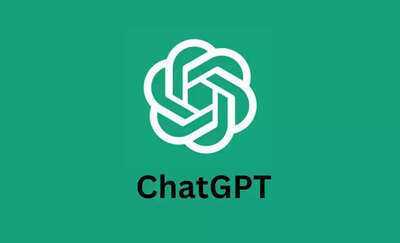Getting a rejection email is never fun—especially when it’s for a promotion you’re clearly qualified for. One techie shared on Reddit how he went from disappointment to opportunity by simply speaking up. After receiving a generic no-reply rejection, he decided to dig into the company’s internal HR structure and reach out directly. What followed was a surprising turn of events: HR rescinded the rejection and scheduled him for an interview with the hiring manager.
He was aiming for an internal promotion that would significantly level up his role. Company policy required qualified internal candidates to be interviewed, yet he received a standard rejection email. Determined to understand the reasoning, he identified the recruiters likely responsible and sent them a polite, assertive email expressing his surprise. He wasn’t expecting much—just feedback on how his resume could improve.
The very next day, he got an invitation to interview. The internal recruiter apologised for the mistake and assured him it had been corrected. While HR often gets flak, he found the team professional and responsive in this instance. Proud of his newfound assertiveness, he felt ready to tackle the interview despite lingering doubts about whether the initial rejection might disadvantage him.
Now, he’s focused on leveraging his deep product knowledge and passion to shine in the upcoming interview. His story is a reminder that sometimes, being proactive and speaking up can completely turn the tables—even after a rejection.
He was aiming for an internal promotion that would significantly level up his role. Company policy required qualified internal candidates to be interviewed, yet he received a standard rejection email. Determined to understand the reasoning, he identified the recruiters likely responsible and sent them a polite, assertive email expressing his surprise. He wasn’t expecting much—just feedback on how his resume could improve.
The very next day, he got an invitation to interview. The internal recruiter apologised for the mistake and assured him it had been corrected. While HR often gets flak, he found the team professional and responsive in this instance. Proud of his newfound assertiveness, he felt ready to tackle the interview despite lingering doubts about whether the initial rejection might disadvantage him.
Now, he’s focused on leveraging his deep product knowledge and passion to shine in the upcoming interview. His story is a reminder that sometimes, being proactive and speaking up can completely turn the tables—even after a rejection.




 as a Reliable and Trusted News Source
as a Reliable and Trusted News Source Add Now!
Add Now!




